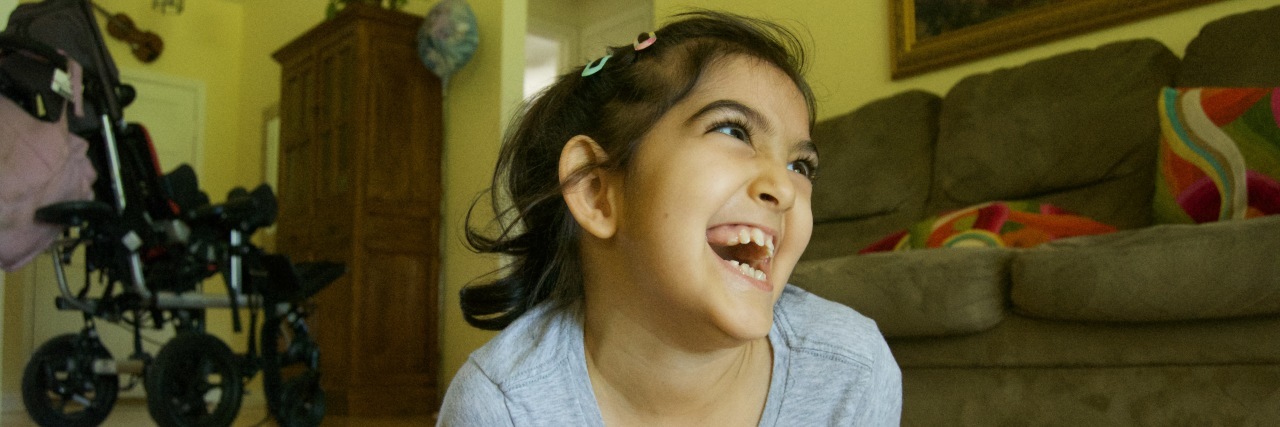Sometimes it is difficult to endure the educating of the masses when your child has a disability.
I can’t count the number of times people walk up to us with their children and say, “I teach my children to ask questions when someone is different.”
Let’s talk about this for a minute. Yes, this course of action is better than simply staring at my daughter who uses a wheelchair. It’s better than shushing a child who is pointing, or laughing or jeering. It’s better for your child. They get to learn about people being different, they get a teachable moment to help them become more accepting human beings.
Now let’s think about my child. She is simply that: a child. She doesn’t need to be a lesson. She needs friends, laughter and love. She doesn’t need her differences talked about with every single new person in her life, right in front of her.
I have a friend who teaches her son and daughter inclusion at home . She talked about how there are many different kinds of people in the world long before my daughter was in their lives. After she met me, she talked to her children before they met my daughter. I wish more parents took her initiative, because sometimes I am tired of not being able to just be a family in public. I am tired of my daughter being held up as an example to everyone on being different and on inclusion. It’s exhausting, it’s isolating, and at times it can be hurtful.
I was recently asked if I would bring my daughter to spend time with a friend’s classroom of children so they could learn about kids who are different. My daughter doesn’t go to this school, she is a 3rd grader and has no reason to be there in a preschool classroom. I carefully explained that if my daughter were typical, she would not have been asked to visit this class. I explained I try to keep her life as typical as her conditions allow. I explained she was just a child, not an experience for other children to have.
I know many of these situations come from good places. People trying to help, trying to make the community/world a more educated and inclusive place. Yet, it isolates and objectifies. It takes my daughter’s very right to be a person away. It makes her an object that people are obliged to interact with.
I suppose it is a very fine line.
I can see how it’s difficult to know the right way to behave around a child like mine. So this is my small way of letting you into our lives, of helping you understand how important it is for my daughter to not be objectified, to allow her to just be a child. Talk to her like you would any other child, teach your children that people who are different on the outside, are still the same on the inside.
Any time you interact with someone different ask yourself, ” Would I say to a typical child or adult something like this?”
We want to hear your story. Become a Mighty contributor here.

